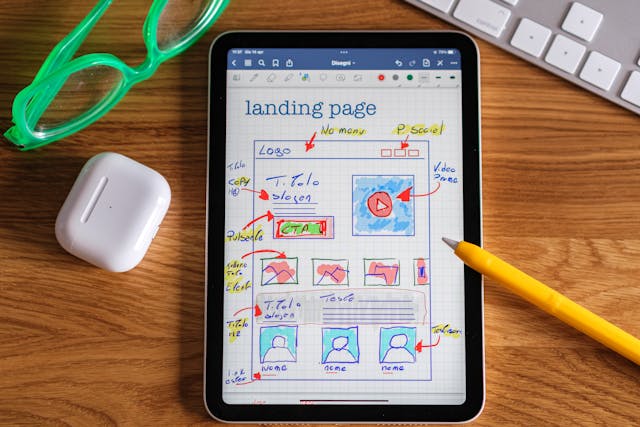
Mastering New Tech Skills: 10 Proven Tips
Learning a new technology skill can be daunting, but it's an essential part of staying relevant in today's ever-evolving digital landscape. Whether you're a seasoned professional looking to upskill or a beginner seeking to break into a new field, mastering a new tech skill requires dedication, discipline, and the right approach. In this blog post, we'll explore ten proven tips to help you learn a new technology skill effectively and efficiently.
1. Identify Your Goals and Motivation
Before diving into the learning process, take some time to identify your goals and motivation for learning the new skill. Are you looking to advance your career, start a side project, or simply expand your knowledge? Understanding your "why" will help you stay focused and motivated throughout the learning journey.
2. Start with the Basics
Don't skip the fundamentals. Even if you have some prior knowledge, it's essential to start with the basics and build a solid foundation. Jumping ahead without understanding the core concepts can lead to gaps in your knowledge and make it harder to progress.
3. Follow a Structured Learning Path
While self-paced learning has its advantages, following a structured learning path can help you stay organized and avoid getting overwhelmed. Look for reputable online courses, tutorials, or books that provide a logical and comprehensive learning sequence.
4. Practice, Practice, Practice
Hands-on practice is crucial when learning a new technology skill. Don't just read or watch tutorials; actively apply what you've learned by building projects, solving coding challenges, or working through practical exercises. This will reinforce your understanding and help you identify areas where you need more practice.
5. Break It Down into Manageable Chunks
Learning a new skill can be overwhelming if you try to tackle it all at once. Break the material down into smaller, manageable chunks, and focus on mastering one concept at a time. This approach will help you avoid feeling overwhelmed and make the learning process more manageable.
6. Learn from Multiple Sources
Don't rely on a single source of information. Explore different resources, such as online tutorials, books, forums, and documentation. Each resource may present the information differently, which can help you understand concepts from various perspectives and fill in any gaps in your knowledge.
7. Join Online Communities and Forums
Participating in online communities and forums related to the technology you're learning can be incredibly valuable. These platforms allow you to connect with experienced professionals, ask questions, and learn from others who are on a similar learning journey.
8. Find a Mentor or Study Buddy
Having a mentor or study buddy can significantly enhance your learning experience. A mentor can provide guidance, share their expertise, and offer valuable insights based on their professional experience. A study buddy can help you stay accountable, discuss concepts, and work through challenges together.
9. Take Breaks and Avoid Burnout
Learning a new skill can be mentally taxing, and it's essential to take breaks to avoid burnout. Step away from your studies periodically to recharge and come back with a fresh perspective. Incorporate activities that help you relax and rejuvenate, such as exercise, meditation, or engaging in a hobby.
10. Celebrate Your Progress and Milestones
Learning a new technology skill is a journey, and it's important to celebrate your progress and milestones along the way. Set achievable goals and reward yourself when you reach them. This will help you stay motivated and reinforce the sense of accomplishment that comes with mastering new skills.
Remember, learning a new technology skill is a process that requires patience, persistence, and a growth mindset. Embrace the challenges, stay curious, and never stop learning. With dedication and the right approach, you'll be on your way to mastering the new skill and unlocking new opportunities for personal and professional growth.






(0) Comment